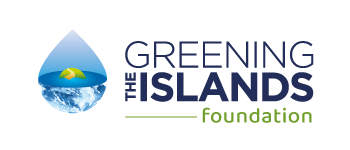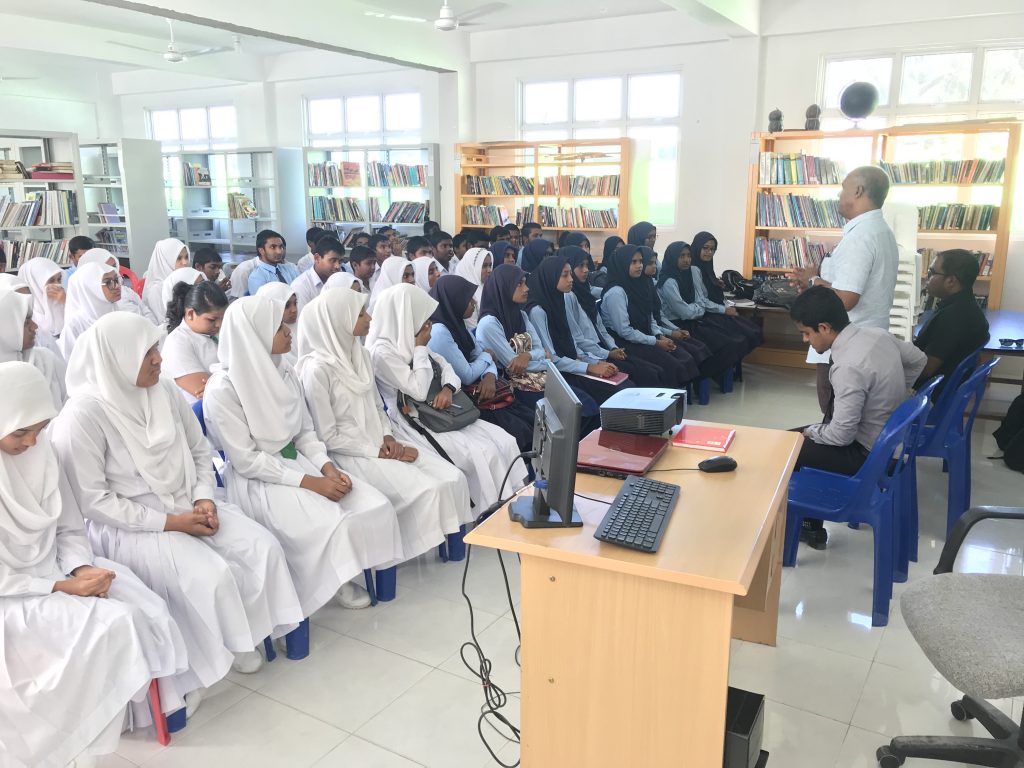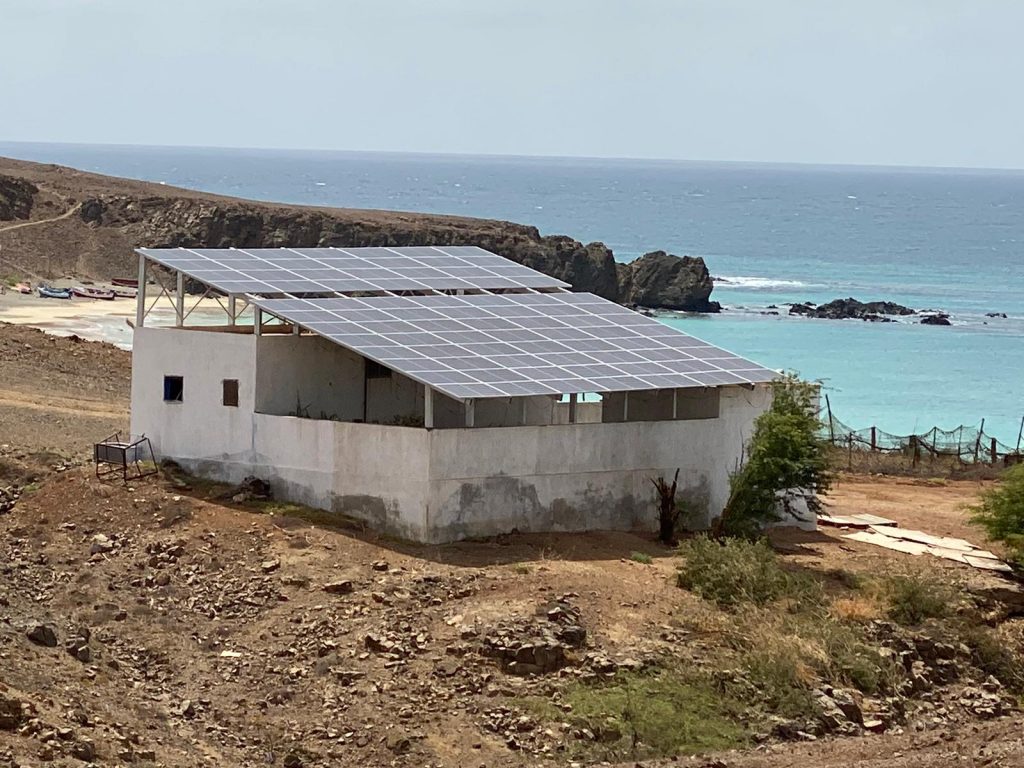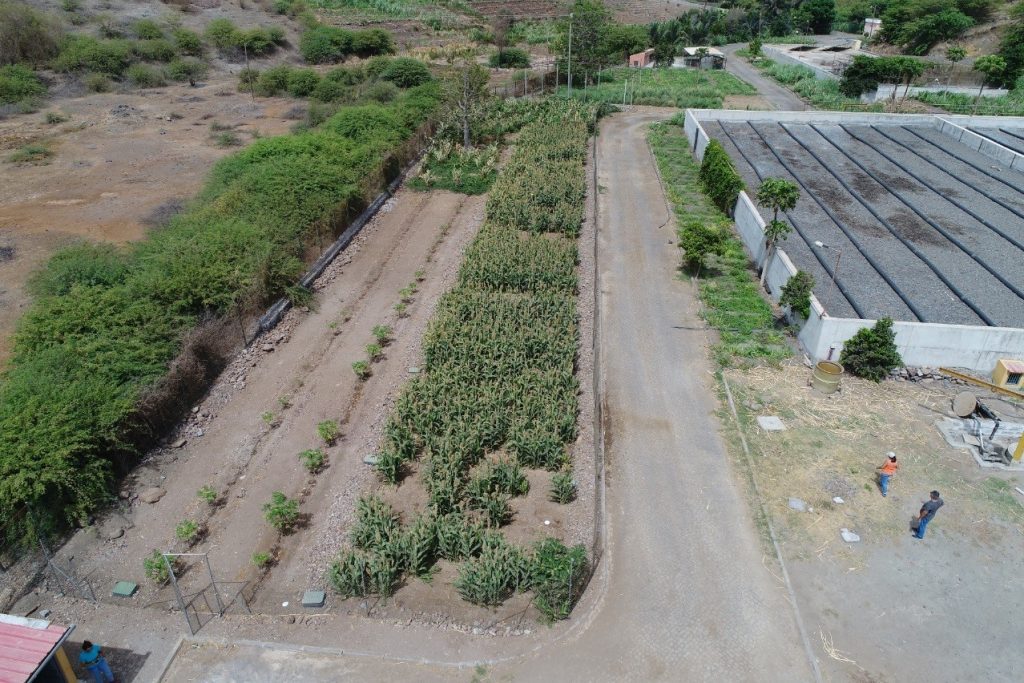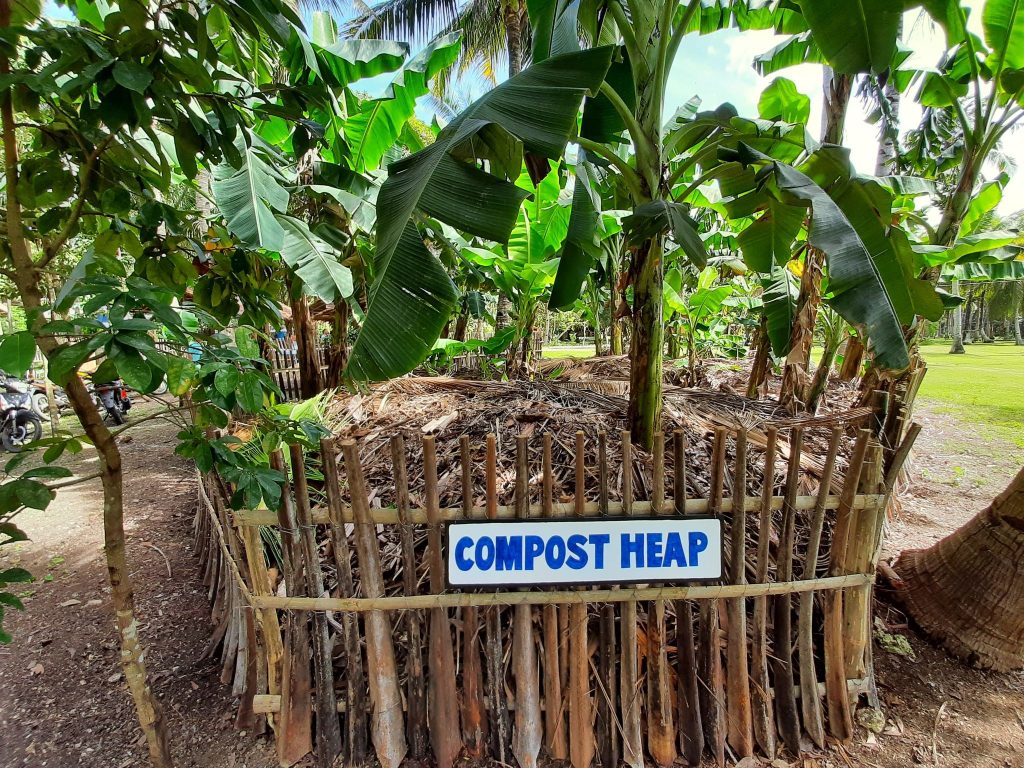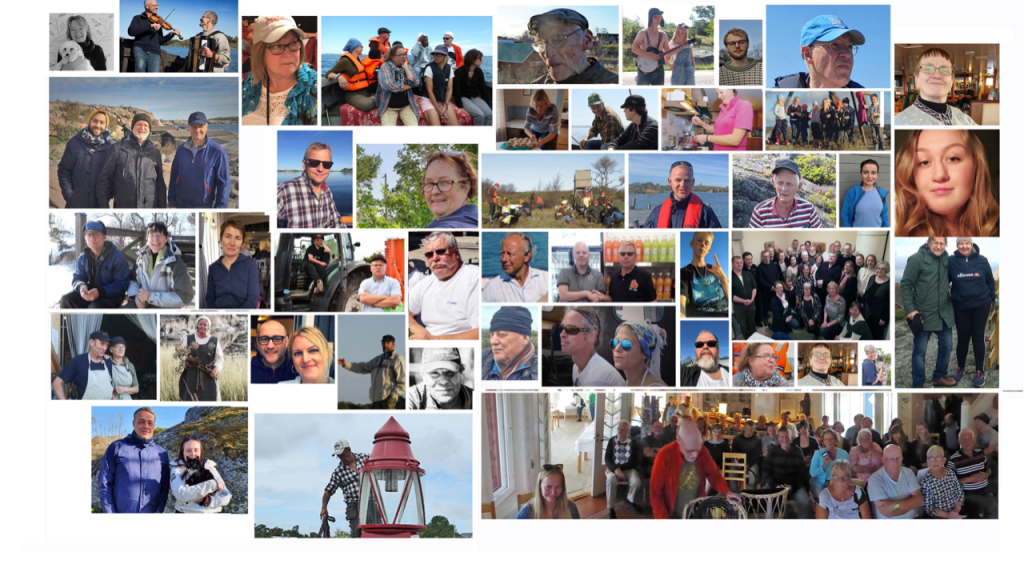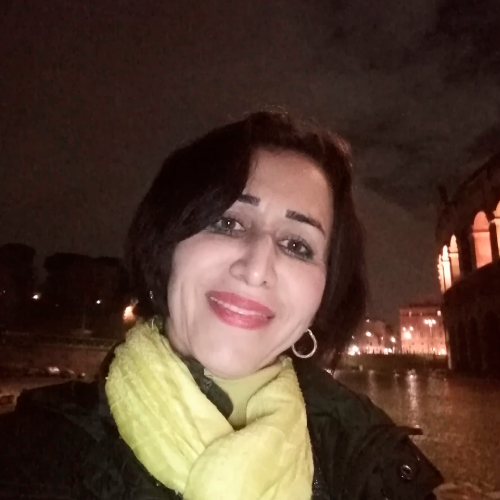
Amani Alfarra
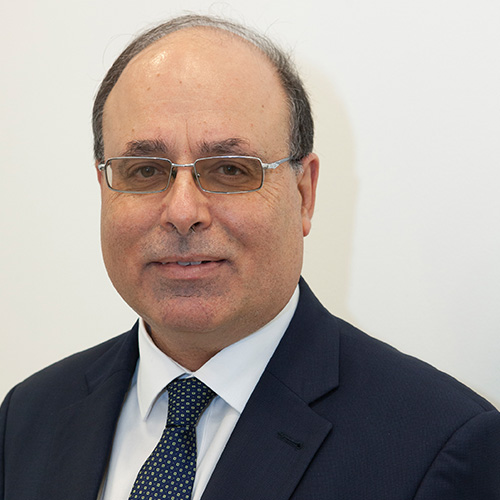
Joseph Borg
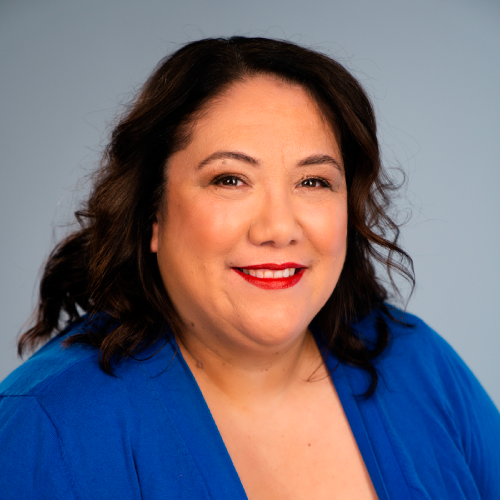
Kate Brown
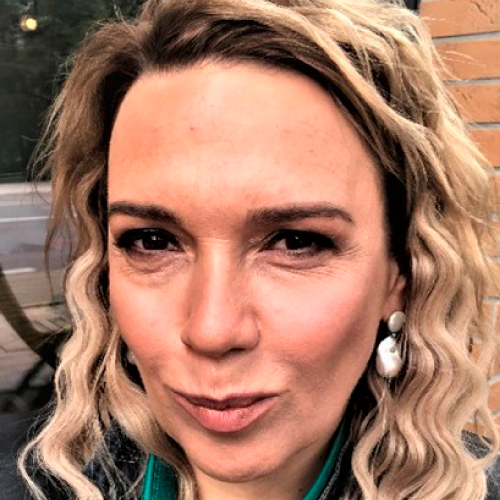
Edita Dranseikaite
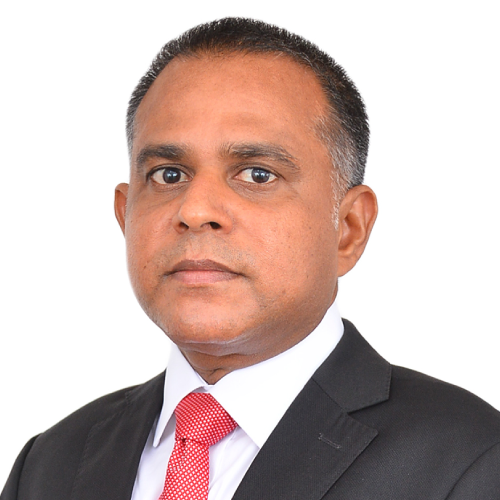
Amjad Abdulla
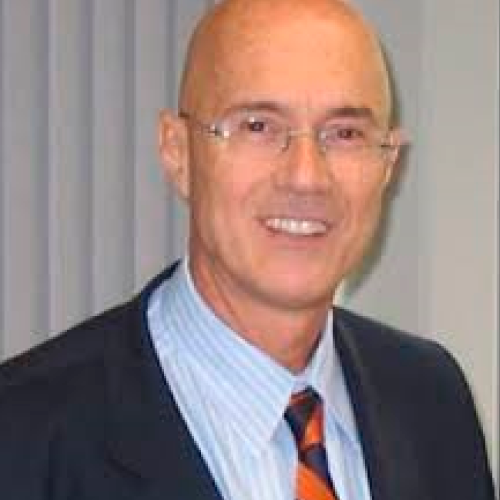
George Kremlis
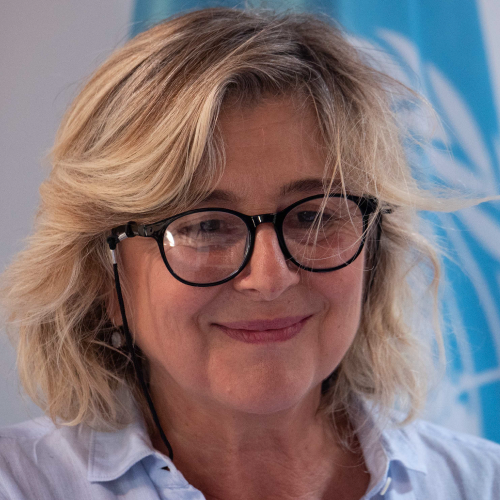
Michela Miletto
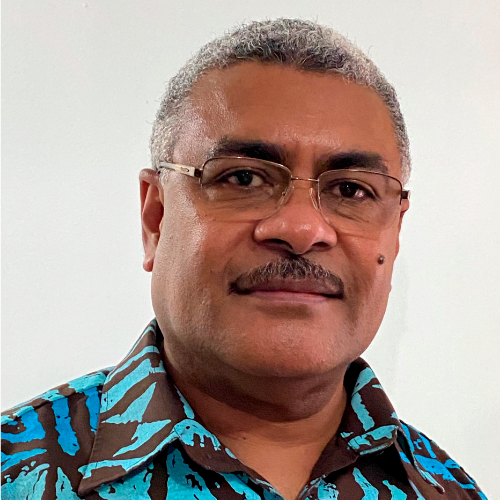
Sai Navoti
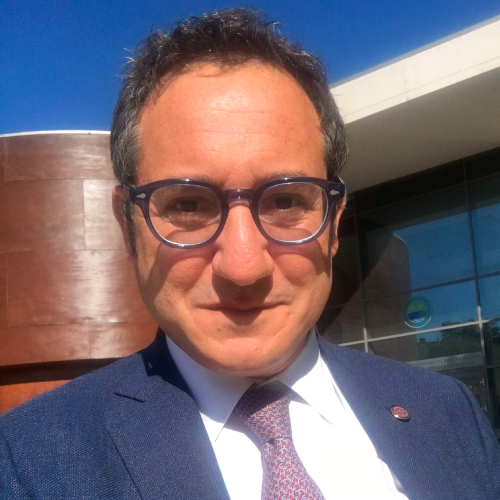
Giovanni Ruggeri
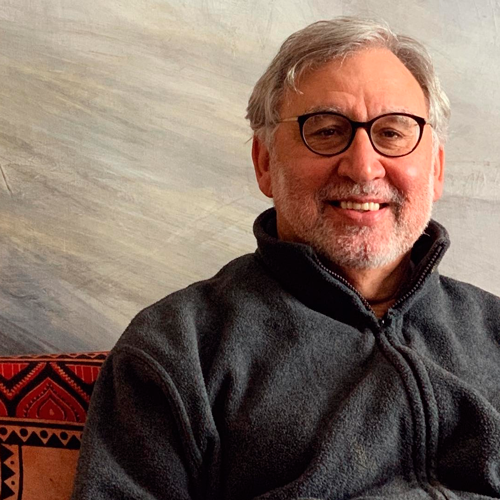
John Peter Portelli
Amani Alfarra
Dr. Amani Alfarra is a water officer at FAO in the Land and Water Division. Dr. Alfarra has more than 20 years of substantive expertise in natural resources management, focused on river basin/ Transboundary River and coastal zone management. My specialized fields include water-based strategies and actions for climate change adaptation, including applying Nature-Based Solutions. During COP24, her NBS publication “NBS for agricultural water management and food security” was successfully launched and recognized by UNDESA. The publication focuses on enhancing the availability and quality of water for productive purposes and human consumption using NBS, an integrated approach for sustainable natural resources management with a focus on investments. NBS has become the third pillar of adaptation to climate change.
Dr. Alfarra has extensive experience in working with managerial and policy issues in the field of natural resources management at the country, regional and global levels.
Joseph Borg
Joseph Borg is presently the President of INSULEUR. He was born on the 3rd December 1960. Throughout the years Mr Borg has held several executive positions, including director with Francis X Borg Co. Ltd., and managing director of the same firm, the family-owned furniture manufacturing company. He also served as a Chairman of Gozo Channel Co. Ltd. and is presently a board member on the newly set up Gozo Regional Development Authority.
Joseph Borg has been actively involved within the Gozo Business Chamber since its inception. From October 2018 he became President of the same Chamber. He is also the Chairman of the Gozo Regional Committee which groups all stakeholders within the island of Gozo and represents the same Committee within the Malta Committee for Economic Social Development.
Mr Borg serves in a number of voluntary organisations in Gozo amongst others as director of the OASI Foundation. He is also a member of the Fondazione Centesimus Annus pro Pontifice.
Kate Brown
Kate Brown is the Executive Director of the Global Island Partnership, a platform that enables island leaders and their supporters to take action to build resilient and sustainable island communities. Kate is a passionate advocate for islands. She is a valued and trusted international partnership and collaboration leader, with a unique ability to connect dots for issues and people. Kate has extensive experience in all island regions globally, and brings an extensive network of island leaders, blue sky thinkers and people dedicated to supporting islands.
Kate has experience working inside government, non-profits and intergovernmentally as well as a keen sense of the most important elements of the international policy setting space relevant to islands as well as what is needed for implementation to happen. A strategic thinker who is able to present clear ideas and set up the right conditions for collaboration to thrive. Kate is originally from New Zealand.
Edita Dranseikaite
Edita Dranseikaite joined the European Commission in 2005 and is currently responsible for coordination of the Clean Energy for the EU Islands Initiative in the Directorate General for Energy. Before that, she worked as programme manager in the Directorate General for Regional Policy and Urban Development and a policy officer in the international team of Directorate General for Environment.
Before joining the Commission, Edita Dranseikaite worked as chief adviser in the Government Chancellery of Lithuania, and was a team member of the Chief Negotiator for Lithuania’s Accession to the EU. She also was teaching European integration and politics at the Institute of International Relations and Political Science of Vilnius University. She holds a Master of European Studies degree from the Vilnius University, Lithuania.
Amjad Abdulla
Mr. Amjad Abdulla is the Head of Partnership at the International Renewable Energy Agency (IRENA). Prior to his appointment at IRENA, he served as the Director General, Climate Change and multidisciplinary team leader at Ministry of Environment of the Maldives. He has also served in Climate, Renewable Energy and Environment portfolios at the Government of Maldives since1996 as well as other international organizations.
Mr. Abdulla has extensive experience in multilateral negotiations and has been the, Chief Negotiator for Small Islands (SIDS) from 2015-2018, Chair of Least Developed Countries(LDCs) from 2007-2008 and lead negotiator for the Maldives to the UNFCCC since 2001.
Mr. Abdulla has served at various Boards, Committees both locally and internationally, including: Bureau Member and Vice-Chair of Working Group III of IPCC AR6, Vice Chair WG II of IPCC for AR5, Member (Alt) of Green Climate Fund (GCF) board, , Member of Adaptation Committee), Member of CDM Executive Board, Member of the Adaptation Fund Board), Chair and Vice-Chair of SBSTA), a member of Enforcement Branch of Kyoto Compliance Committee under UNFCCC.
Mr. Abdulla is also the author and contributing author to several reports of high international and national significance including the reports of IPCC.
George Kremlis
Georges Kremlis started his career in the European Commission on 1.1.1981, as a Member of the Legal Service.
He is currently Honorary Director and Active Senior in the Directorate-General for the Environment. He has joined DG ENV in 1995 and has served since then as the Head of the Legal, the Governance and the Cohesion Units.
Before joining the Commission, but also during parts of his career he has exercised several high-level functions in Greece.
He is visiting Professor in a number of European Universities and is the author of a very large number of various publications, in English, French and Greek, and in particular of a four volumes Commentary, Article by Article, of the EU and EC Treaties, under the Nice Treaty(in Greek).”
Michela Miletto
Ms Michela Miletto, is the Coordinator of the UNESCO World Water Assessment Programme (WWAP). She joined the organization in 2008 as Deputy Coordinator. In her function, she leads WWAP activities in supporting Member States to develop sustainable water management and evidence-based water policies, strategies and programs. She also leads the gender portfolio of UNESCO WWAP.
Michela has worked for more than thirty years in the assessment of water resources and ecosystems, and in the development of renewable resources. Prior to joining UNESCO she extensively worked in development projects of several international organizations and donors (Organization of American States, GEF, EU, UNDESA, Italian Development Cooperation, etc) in Latin America, Eastern Africa, China, and Europe. In the nineties, she was Assistant Professor at the University of Torino, Italy, and researcher at the University of Arizona in Tucson, USA; she authored and co-authored several scientific publications.
Sai Navoti
Mr. Navoti is the Chief, SIDS Unit, UNDESA. The Unit monitors and report on the implementation of the SAMOA Pathway and the SDG in SIDS, facilitate and service inter-governmental negotiations. Sai served as Lead Negotiator for the G77 & China (2013) and Lead Climate Negotiator for the Alliance of Small Island States (AOSIS) in 2012. He was also the Senior Legal Advisor with the International Seabed Authority. Sai served Fiji as a Military Officer, State Solicitor and a Diplomat; he held various international appointments including President of the Assembly (12th Session) of the ISA, Vice President (1st & 2nd) Review Conference of the UN Fish-stock Agreement and Rapporteur of the UNCITRAL’s Working Group on International Arbitration. Represented Fiji in international negotiations; drafted the national report and presented Fiji’s first UPR – Human Rights Council, 2010. Sai holds a BA(Politic), LLB and MSc degrees and 2 post graduate diplomas.
Giovanni Ruggeri
Giovanni Ruggieri, graduated with honors in Economics from the University of Palermo he spent a semester of study at the University of Hertfordshire in the UK. He achieved the title of Doctor of Philosophy (PhD) in Tourism Sciences at the University of Palermo. Adjunct Professor in Applied economics he is adjunct professor of Tourism Economics and Tourism Systems and Hospitality Management. He is the author of several articles on tourism published in international scientific journals and concerning the economic impact issues, the birth and development of tourist destinations and the growth of tourism economies in the island territories. He is member of Unesco Management Plan working Group for Sicily Unesco Foundation. President of the Observatory on Tourism for Islands Economies and chairman of the Scientific Committee made up of professors and international experts. Research topics, with particular attention to island realities, concern: the tourism economy, innovation.
John Peter Portelli
John P. Portelli was born in Malta where, after completing a B.A. (Philosophy & Maltese, 1975), he taught history and modern languages at a secondary school and philosophy at a sixth form. In 1977 he was awarded a Commonwealth Scholarship and commenced his studies at McGill University from where he obtained an M.A. (1979) and a Ph.D. (1984) in Philosophy.
Currently he is a professor in the Department of Social Justice Education, and the Department of Leadership, Higher and Adult Education at OISE, University of Toronto. He is a member of the Centre for Leadership and Diversity and a fellow a St. Michael’s College, University of Toronto.
He has published 18 books including four collections of poetry, two collections of short stories and a novel, and over 100 articles and chapters in books. He is frequently invited to give keynote addresses and workshops in his areas of research and teaching which include: continuous professional development, quality assurance, student engagement; students ‘at risk’; democratic education; teaching controversial issues; leadership, equity and diversity; intercultural education and dialogue; educational policy and equity; neoliberalism and education; social justice education; reflective practice; and ethical issues in educational leadership.
